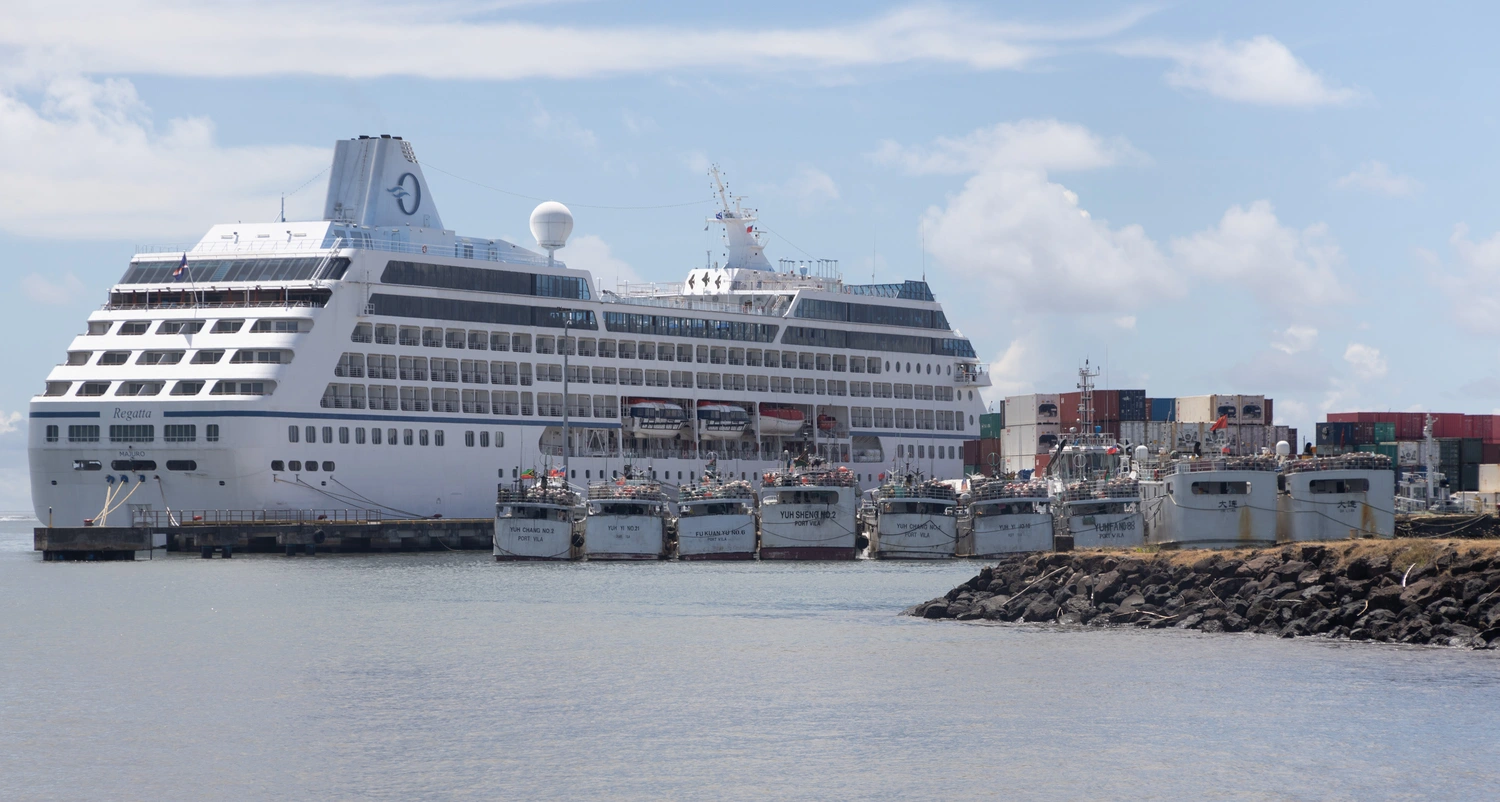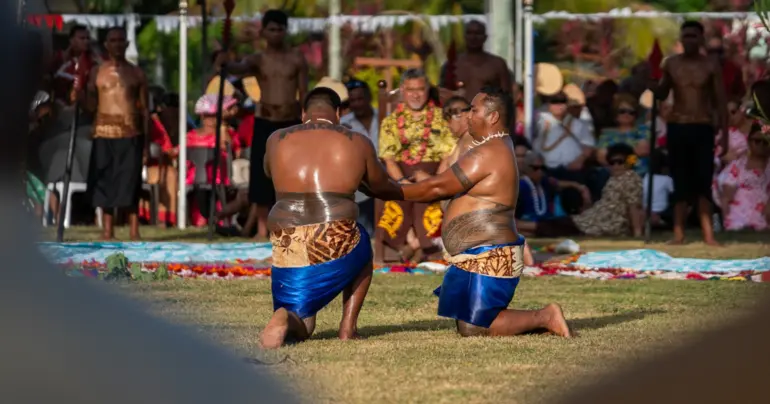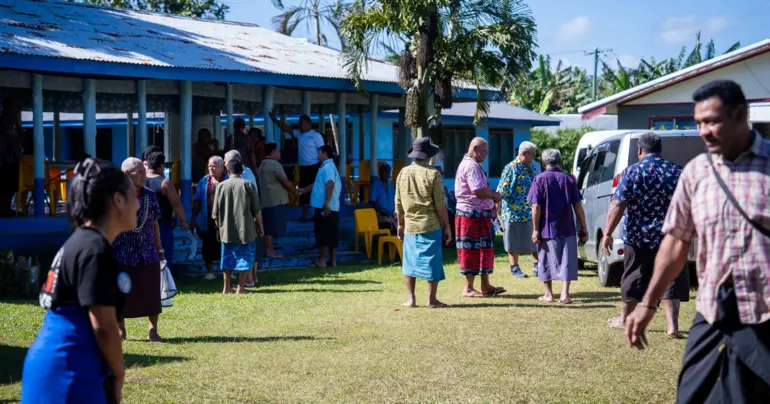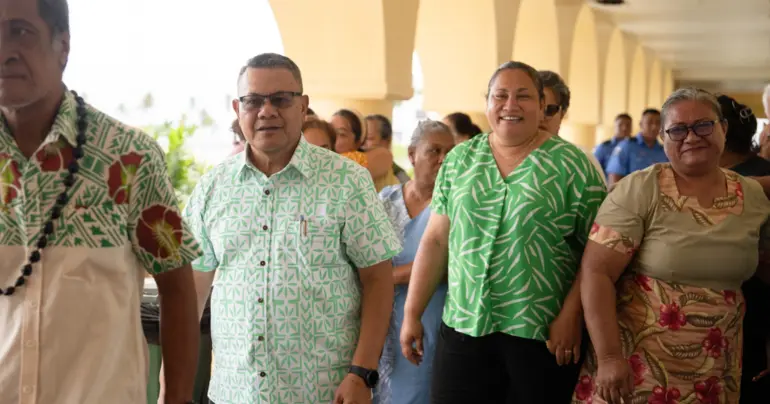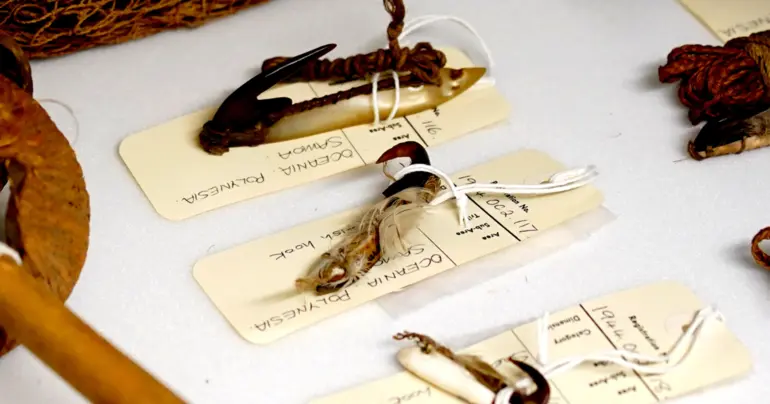Offensive and downright rude: Final
Talofa lau Susuga Papali’i Sia Figiel - Malo le soifua; Malo le faasoa.
I would be lying if I said that I was not affected by being assessed as a third rate journalist with a propensity for hegemonic masculinity rhetoric.
Not knowing what I was supposed to be prone to did not lessen the depressing feeling of being worthless in the eyes of my unknown critic.
Now that I’ve had the chance to learn about hegemonic masculinities, Where we once belonged and the additional information about the winner of one of the world’s most prestigious literary honour, The Commonwealth Writers Prize First Book for the South East Asia-South Pacific Region, I sincerely congratulate you, Lau Susuga Papali’i, for your outstanding achievements.
I know you say that its an honour you do not show off about – ou ke le saga fia siou vale ai – but it is an honour that you can justly and proudly claim it belongs to the people of Samoa and the Pacific region. Malo le finau, malo le taumafai.
Now that I also know about your personal trauma and how you have been dealing with it, no one should blame you for thinking of it daily.
I’d be surprised if your personal experience did not affect your attitude to us humble males, without propensity for hegemonic masculinity rhetoric.
By the way, the ‘malu o aiga ability of women I mentioned, in addition to their ina’ilau prowess, all I wanted to do was to swing the discussion from the thatching to the protection, i.e. the violence against women and girls.
With respect, you do not have to tell me about the shame of the stories of fathers attacking daughters or stepbrothers attacking sisters, etc, that the Samoa Observer consistently reports. It’s a national disgrace.
The question is: what do we do about it?
You seem to think that it is this hegemonic masculinity, defined as: a practice that legitimises men's dominant position in society and justifies the subordination of the common male population and women, and other marginalized ways of being a man.
If that is the case, then, sadly Papali’i, the fight is a long one as there are still villages which do not allow women to hold matai titles. These villages argue that the women have their own village ‘nu’u o tama’ita’i but in reality such groups do not truly share in the running of village affairs and the decision-making process in those villages.
On the religious front, why is it that women are required to cover their heads in church?
Last but not least, thank you Papali’i Sia Figiel for being the brave Suli o Nafanua that you are.
Manuia le aso Sa o le Eseta.




